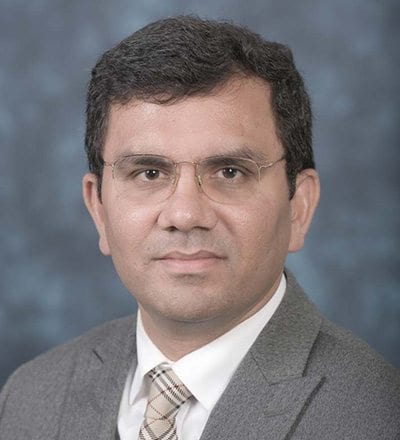
Is an elderly person too old to start an exercise program?
It is never too late to be more physically active and to start an exercise program. Age-related disability is preventable with regular physical activity at any age, including adults in their 80s and 90s. “I am too old to benefit from exercise or physical activity” is a common myth that causes many older adults to stop exercising or not start. Staying active and exercising regularly has both physical and emotional health benefits even in the very old. Being physically active (performing every day activities such as house work, walking and gardening) is just as important as formal exercise programs. Exercise can help prevent or delay many diseases and is effective in treating many chronic conditions.
Why does balance deteriorate with age?
It is unclear whether balance deteriorates universally with aging or frequent falls are caused by an increase in age-related disorders. Good balance requires sensory input (from eyes, inner ear and feet), muscle strength and joint mobility. Therefore, vision problems, such as cataracts or glaucoma, inner ear disorders, or weak muscles and stiff joints due to sedentary lifestyle can lead to balance problems and associated falls.
Is there a point at which the elderly should discontinue screening tests?
Evidence to support routine screening tests after age 75 years is limited. I recommend screening tests based on the functional status of the person and not solely on age. Estimated life expectancy and expected time to benefit from the test are other factors to consider. For example, selective screening tests could be appropriate for an 80-year-old woman who is active and highly functional while the same screening tests are not indicated for a 75-year-old man who has advanced dementia and is now bedbound.
Why does bone density decrease with age? Can it be prevented?
Our bone is constantly undergoing remodeling; old bone is removed and new bone is added. These two processes — bone resorption (removal) and bone formation change with aging. After age 35 or so, bone resorption outpaces formation and therefore bone density, or bone strength, begins to decline. Bone loss can be prevented by not smoking, engaging in regular physical activity, eating a diet rich in calcium, and eating foods fortified with vitamin D or taking vitamin D supplements. In addition, bone density can be tested by x-ray to check for osteoporosis or weak bones. Osteoporosis can be treated with medications to improve bone strength.
Do older adults require less sleep than younger adults?
As people age they tend to have difficulty falling asleep and more trouble staying asleep. It is a myth that older adults need less sleep than younger adults. In fact, research shows that our sleep needs remain constant throughout adulthood. What changes are sleep patterns, which can lead to sleep problems.
Is it possible for older adults to change unhealthy habits, such as smoking?
Yes. It is never too late to change many of these unhealthy habits, such as smoking. Many benefits of smoking cessation (including reduced risk of cardiovascular problems) can be seen within a few months of quitting.
Is memory loss inevitable as a person ages?
Memory loss is not inevitable with aging, but some loss of episodic memory, such as recollection of specific episodes, is common. Loss of semantic memory, which refers to understanding of concepts or general knowledge, is not a normal part of aging. Progressive and persistent loss of memory with impact on function is common with dementia. Learning new skills or languages can help preserve memory.
Is high blood pressure unavoidable since its incidence increases with age?
After age 40, on average systolic blood pressure (the upper number) increases by 7 mm Hg each decade, reaching an average of approximately 140 mm Hg by the eighth decade. Diastolic pressure (the bottom number) also increases with age but at a lower rate than systolic pressure. Diastolic pressure may even fall at late ages. By age 70, over three-fourths of U.S. adults have hypertension. Regular physical activity can help prevent hypertension.
Why does obesity increase at age 60?
With aging, one begins to lose muscle and add fat often leading to obesity. Weight gain occurs during middle age, frequently due to sedentary lifestyle and high caloric intake. Regrettably, many older adults associate weight gain and a sedentary lifestyle with aging. Since daily recommended calorie intakes generally decrease with age, it is important for older adults to choose foods wisely to meet their nutritional needs and stay physically active.







